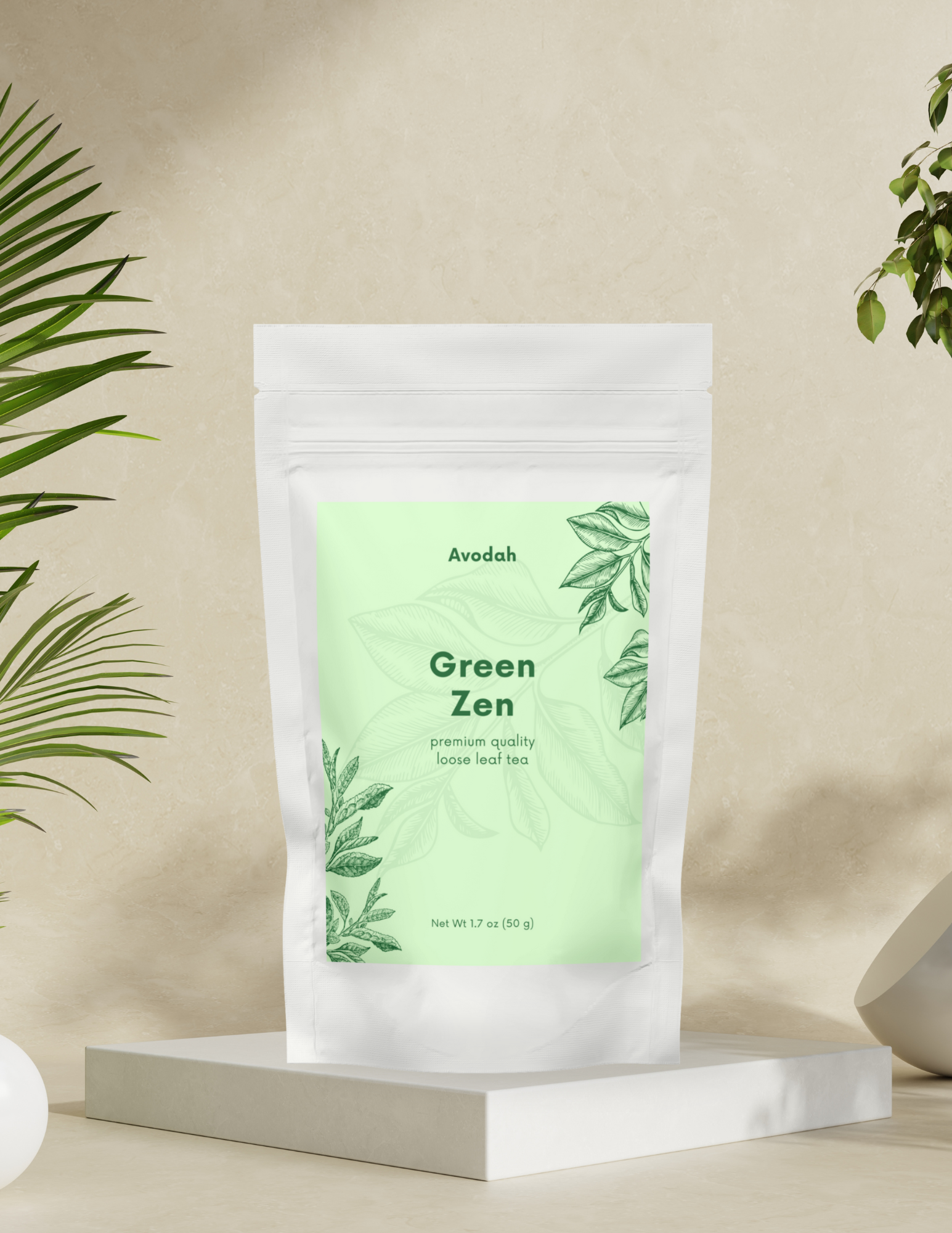Non-centrifugal cane sugars (NCS), including varieties like jaggery and muscovado, are minimally processed sweeteners that retain a higher concentration of nutrients compared to refined sugars. These sugars contain essential minerals such as calcium, iron, magnesium, and potassium, which are often lost during the refining process MDPI. Additionally, NCS products have been found to possess antioxidant and antimicrobial properties, potentially offering health benefits beyond those of refined sugars. For instance, tricin and apigenin, identified as abundant phenolic compounds in raw sugars, are considered important bioactive constituents with potential nutraceutical and chemopreventive properties














